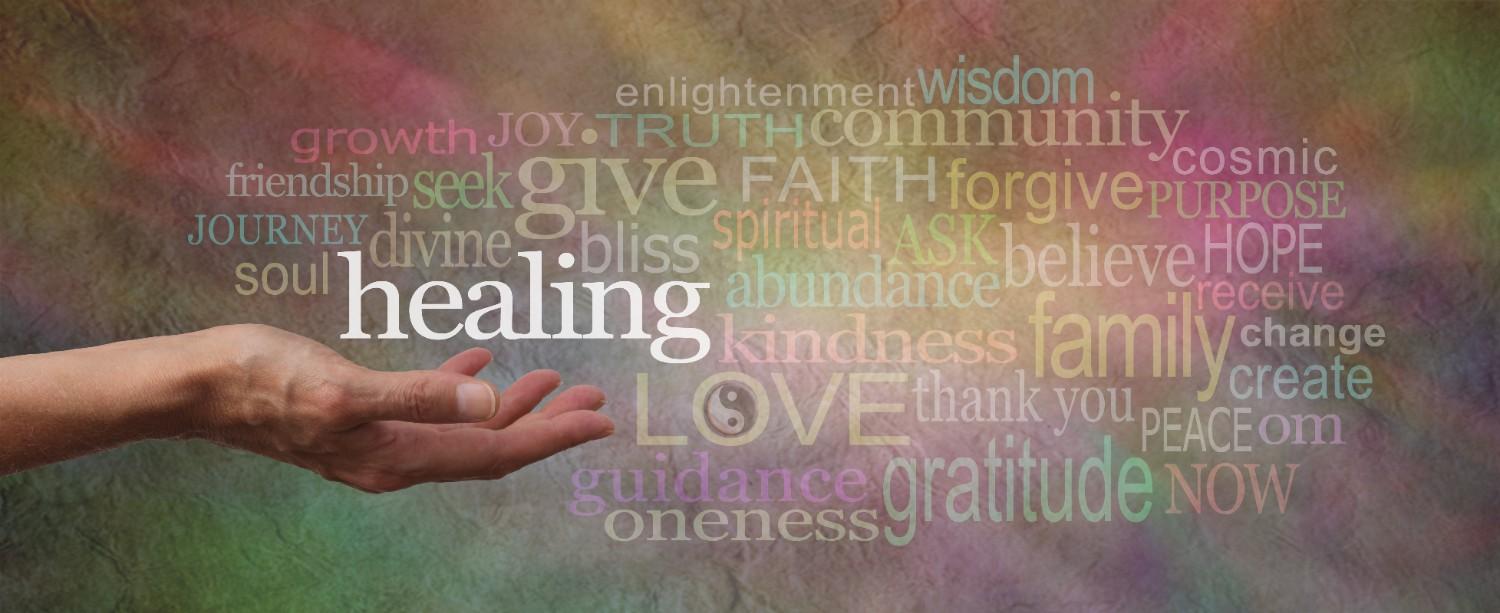When we think about mental health, we often focus on therapy, medication, or even exercise as ways to manage our emotions and well-being. But what if there’s another way—a way that involves looking inward, connecting with something larger than ourselves, and integrating spirituality into our daily practices? Some people find that spirituality can offer a powerful tool for mental health recovery. It’s not about religious dogma, but rather about finding a deeper sense of meaning, purpose, and connection in life. For those seeking a holistic approach to mental health, spirituality can play a crucial role in the healing process.
One person who has explored this connection between spirituality and mental health is Catherine Coates. Through their writings and teachings, Catherine has shared their perspective on how spiritual practices can enhance the healing process for those struggling with mental health challenges. They believe that spirituality isn’t just about beliefs or rituals—it’s about practical tools that people can use in their everyday lives to feel more connected, grounded, and resilient.
For many, mental health struggles like depression, anxiety, or trauma can leave individuals feeling isolated or disconnected from their own sense of self. They may feel as though their emotions are controlling them, or that they are trapped in a cycle of negativity. While there are many ways to address these issues—therapy, medication, lifestyle changes—spirituality can offer an additional layer of support. It’s not a replacement for professional treatment, but it can complement these efforts, providing people with a deeper sense of peace and self-awareness.
Spirituality often encourages individuals to pause, reflect, and consider their place in the world. This can mean different things for different people. For some, it may involve practices like prayer, meditation, or mindfulness. For others, it might involve connecting with nature or spending time in quiet reflection. The key is that these practices create space for individuals to reconnect with themselves, with their inner peace, and with something larger than their immediate struggles.
Through their work, Catherine emphasizes that spirituality can be a daily practice—something that doesn’t require a significant amount of time or energy but can still offer meaningful results. In fact, Catherine has shared various tools that people can incorporate into their lives to help manage their mental health. These practices often include simple, everyday actions, such as setting aside time for quiet reflection, practicing gratitude, or even engaging in acts of kindness toward others. These small, intentional acts can build up over time and create a profound shift in one’s mental and emotional state.
One important point Catherine raises in their teachings is that spirituality, at its core, is about healing. It’s not about adhering to specific rituals or adopting a particular belief system. Instead, it’s about creating space for personal growth, emotional healing, and a deeper sense of understanding. Spirituality can help people approach their mental health challenges from a place of compassion and self-awareness, rather than judgment or frustration. It encourages people to accept their emotions as part of their human experience, without becoming overwhelmed by them.
Another significant aspect of spirituality is its focus on connection. While mental health struggles can often make individuals feel isolated or alone, spirituality provides a framework for connecting with others—whether through a religious community or simply by building stronger, more supportive relationships. Being able to share one’s experiences with others who understand can be incredibly healing. It creates a sense of belonging, which can help people feel less isolated and more understood in their struggles.
In Catherine’s teachings, they often emphasize that there’s no “one-size-fits-all” solution for mental health recovery. Instead, the integration of spirituality into one’s mental health journey is deeply personal. What works for one person may not work for another. But Catherine’s approach encourages individuals to explore different practices, see what resonates with them, and integrate those practices into their everyday lives. Whether it’s through journaling, yoga, mindfulness, or simply taking time each day to reflect on the things they’re grateful for, spirituality offers people the opportunity to discover what helps them heal and grow.
One of the key points Catherine emphasizes is the idea of personal empowerment. When people incorporate spiritual practices into their lives, they are not simply relying on external forces for healing. Instead, they are taking an active role in their own recovery. They are learning to be present with their emotions, to understand them, and to work through them in a compassionate and mindful way. This self-awareness and empowerment can be incredibly transformative for individuals struggling with mental health challenges.
For those who may be new to integrating spirituality into their mental health journey, Catherine’s writings offer guidance and encouragement. The practices they suggest are not meant to be overwhelming or intimidating. Rather, they’re small, manageable steps that can be taken daily. For example, Catherine encourages individuals to begin by simply taking a few minutes each day to sit quietly, breathe deeply, and focus on the present moment. Over time, these small practices can become a powerful tool for emotional regulation, self-reflection, and healing.
It’s important to note that integrating spirituality into mental health recovery is not about finding quick fixes or avoiding difficult emotions. Rather, it’s about developing a deeper relationship with oneself and with the world around us. It’s about approaching mental health from a place of balance, compassion, and self-awareness. The process of spiritual healing is often slow and gradual, but the results can be lasting and profound.
In conclusion, spirituality offers a powerful and accessible tool for those on the journey of mental health recovery. Catherine Coates’ work provides a meaningful perspective on how integrating spiritual practices into daily life can help foster emotional healing, self-awareness, and connection. While there is no single path to mental wellness, spirituality can play an important role in creating a more balanced and fulfilling life. Through simple, everyday practices, individuals can find greater peace, resilience, and empowerment in their mental health journey.


![[[QuickBooks ~ Help Now]] QuickBooks Online Support Freezes When You Try to Print? We Can Help!](https://bioneerslive.org/wp-content/uploads/2025/05/1XVmL8zJ-270x162.jpg)
